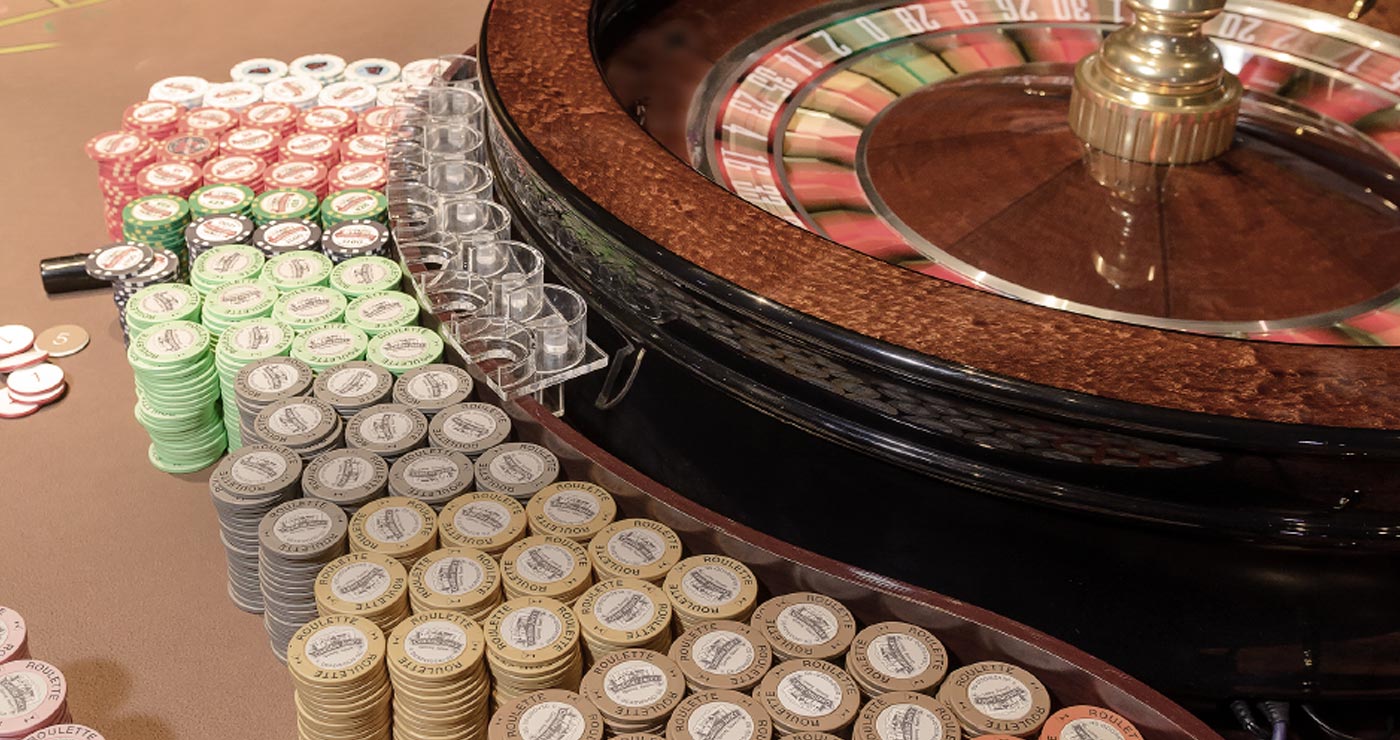Patron Protection Information
Problem gambling warning signs
These warning signs may signal that you or someone you love has developed a problem with gambling. If any of these signs sound familiar, reach out for free, confidential support.
- Constantly thinking about gambling (reliving past gambling experiences, planning the next venture, thinking of ways to get gambling money, etc.)
- Being secretive about gambling habits and defensive when confronted
- Lying to family and others about the extent of gambling
- Increasing bet amounts to achieve the desired excitement (“high”)
- Trying unsuccessfully to control, cut back or stop gambling
- Feeling restless or irritable when not gambling
- Gambling to escape problems
- Chasing losses with more gambling
- Committing crimes to finance gambling
- Jeopardizing or losing relationships, jobs, education or career opportunities because of gambling
- Relying on others to relieve a desperate financial situation caused by gambling
In South Dakota, you can call the:
 1 (888) 781-HELP (4357)
1 (888) 781-HELP (4357)
If you, or someone you know, has a problem with gambling, help is available. The toll-free number is 1 (888) 781-HELP (4357). Calls are referred to Gamblers Anonymous groups near your home town.
In the rest of the country, you can call the:
 1-800-522-4700
1-800-522-4700
National Council on Problem Gambling and its affiliates provide services to assist people and families affected by problem gambling. Take the self-assessment or you can call or text the 24-hour confidential hotline: 1-800-522-4700.
In Deadwood, you must be twenty-one years of age to participate in gaming activities!
SD Codified Law-42-7B-35. Age of participants–Violation as misdemeanor.
Any participant in any gaming shall be twenty-one years or older. No licensee may permit any person who is less than twenty-one years of age to participate in any gaming. A violation of this section by a participant is a Class 1 misdemeanor and a violation by a licensee is a Class 1 misdemeanor and may form the basis for revocation of a retail license.
Source: SL 1989, ch 374, § 30; SL 1990, ch 343, § 31; SL 2015, ch 218, § 10.
Take a Break! We are here to help.
Learn about Deadwood’s Voluntary Self-Exclusion Programs
Deadwood Casino’s Voluntary Self-Exclusion Programs can be an effective tool to address a gaming issue.
Whether you just need a short pause or a longer break, when you choose to be self-excluded from casino gaming in Deadwood, you’ll need to complete and sign the applicable voluntary self-exclusion form.
When you contact your gaming property, they can help walk you through the steps to completing and submitting a voluntary self-exclusion form.
Patron Disputes
If you ever have a gaming dispute with a casino in Deadwood, please be aware of your rights as listed below:
20:18:12.01:07. Patron disputes. In a patron dispute, a licensee must notify the disputing patron that the patron has a right to have a commission agent present when the dispute is discussed or resolved.
If a licensee refuses payment of alleged winnings to a patron, the licensee and the patron are unable to resolve the dispute to the patron’s satisfaction, or the dispute involves at least $250, the licensee must immediately notify the executive secretary or a designee. A licensee may immediately review available surveillance or slot machine event logs prior to contacting the executive secretary to help determine if a payout, cards played, or procedures followed were correct in determining if the event is disputed. The executive secretary shall conduct whatever investigation is necessary. Following the investigation, if necessary, the executive secretary shall render a decision on the dispute.
The executive secretary must notify the licensee and the patron in writing of the executive secretary’s decision regarding the dispute within 30 days after the date that the notice of the dispute was first received. A patron or a licensee aggrieved by a decision of the executive secretary or a designee may appeal to the commission.
A licensee’s failure to notify the executive secretary, failure to notify the patron of the patron’s rights, or failure to pay after an adverse decision is grounds for disciplinary action.
Source: 16 SDR 57, effective October 1, 1989; transferred from § 20:18:21:12, 21 SDR 98, effective November 30, 1994; 29 SDR 107, effective February 2, 2003; 40 SDR 101, effective December 2, 2013.
General Authority: SDCL 42-7B-7.
Law Implemented: SDCL 42-7B-3, 42-7B-7, 42-7B-11(13).
Cross-Reference: Petition for hearing, § 20:18:11:01.
If you have any questions about a dispute with a Deadwood Gaming Property, you may contact the South Dakota Commission on Gaming, Deadwood office at (605) 578-3074.

